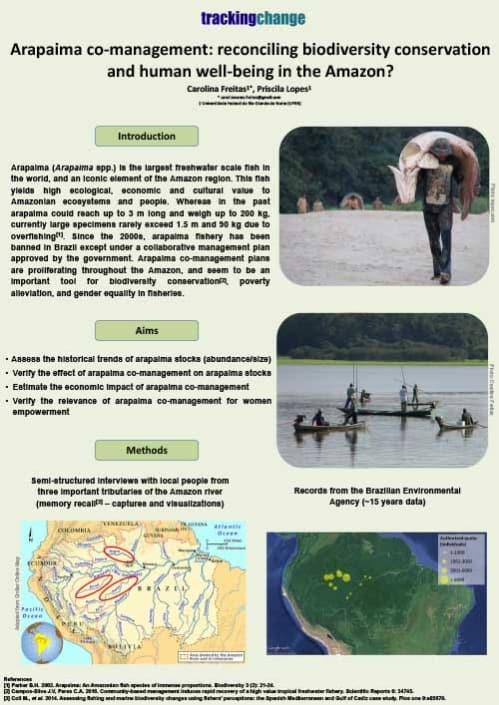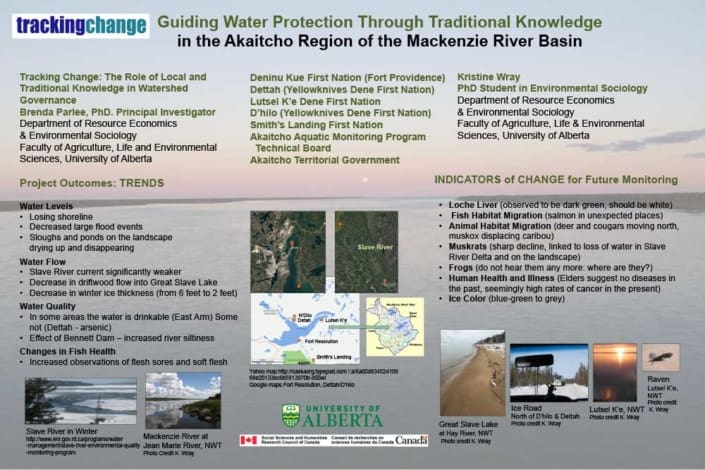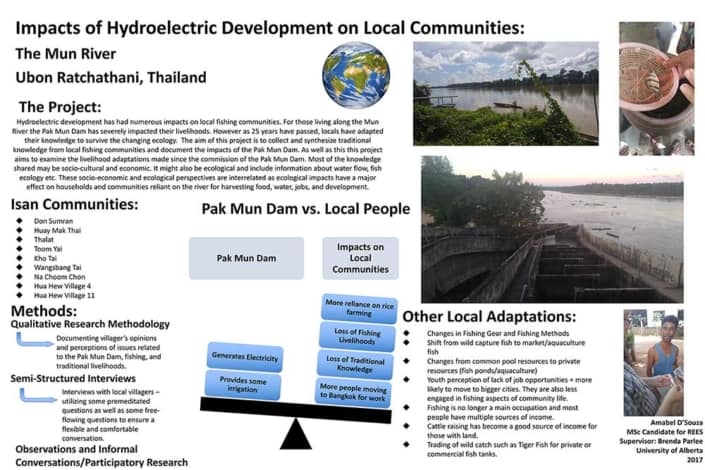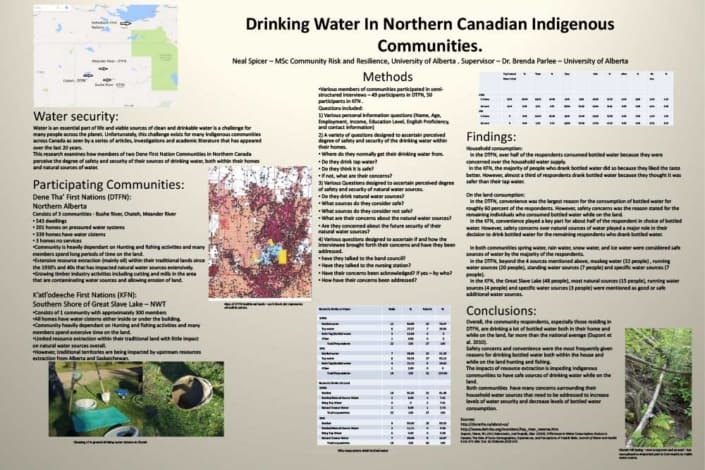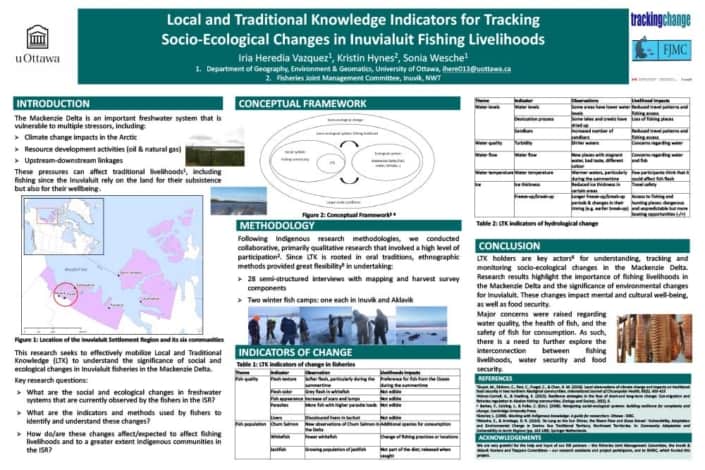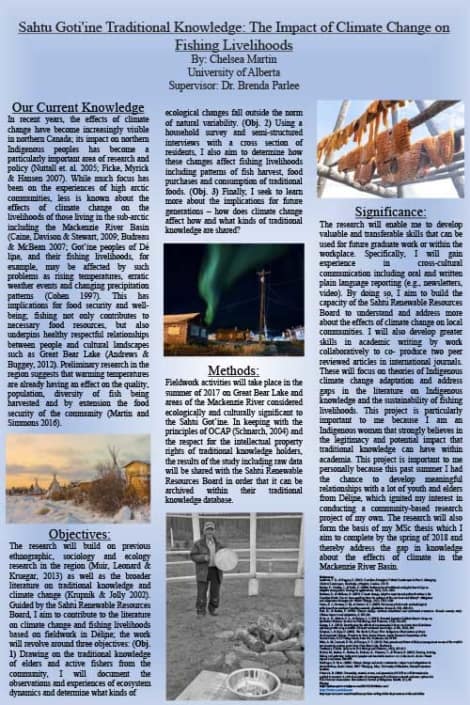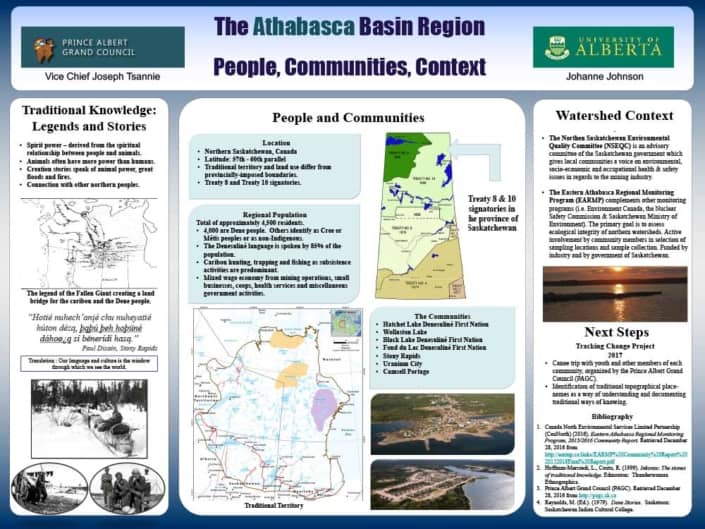Global Meetings
Thailand 2017
The Tracking Change research program has developed over the last year to advance knowledge through community-university research activities in the Mackenzie River Basin with emerging projects in the Lower Mekong River Basin (Mun River) and in the lower Amazon Basin (Tapajos River).
The first global knowledge symposium was held in Thailand from 20-25 February 2017 in the city of Ubon Ratchathani. Research team members, including graduate students, community/partner representatives, and faculty/academics (36 participants from Canada, 4 from Brazil, and 6 from Thailand) were hosted at Ubon Ratchathani University and in the local fishing village of Baan Kanpuay. The aims of the gathering were to:
Create opportunities for Indigenous community participants from the Mackenzie River Basin and the lower Mekong River Basin to share their own local and traditional knowledge about social-ecological change and develop a better understanding of its significance at global scales;
- Develop a deeper understanding of the knowledge, practices, and beliefs of Lao/Thai fishers through place-based learning activities in Kho Tai;
- Identify and advance theories and conceptual frameworks that can help explain trends and patterns in the livelihoods of fishing communities in the Mackenzie–Mekong–Amazon, including changes associated with hydropower development;
- Strengthen research collaboration between knowledge holders (fishers), community researchers and partners, graduate students, junior and senior faculty, partners in government and industry, and other professionals from Canada, Thailand, and Brazil;
- Build global academic-community-policy networks that can affect change in the governance of the Mackenzie–Mekong–Amazon;
- Catalyze critical thinking about methodological best-practices for studying and communicating about local (fisher) knowledge and practices;
- Advance community reporting and academic publication through a facilitated writing workshop.
The meeting provided opportunities for discussions and presentations (oral/poster) by community members, students, academics, policy-makers, and partners, placed-based learning about fishing livelihoods in the Ubon Ratchathani Province of Thailand (particularly related to the Pak Mun River Dam), critical discussion with the ultimate aim of mobilizing knowledge being created through Tracking Change and strengthening the research network at a global scale.
Student Posters
Summary: Trends and Patterns of Change in the Mackenzie, Mekong, and Amazon
Brenda Parlee, Ian Baird, Renato Silvano
Although the river systems and cultures, communities, economies are seemingly very different in the Mackenzie, Mekong, and Amazon basins, there were some key similarities and some over-arching issues. Various methods were being used in research, but the overarching goal was to demonstrate the importance of local and traditional knowledge to our understanding of social-ecological change in the basins and to determine how that knowledge might be better integrated into decision-making. Discussions related to social and ecological change, and to people and environments—work that is very grounded in place, very grounded at the local level, and on community-based research. But the meetings also presented an opportunity for the group to build stronger networks and to see how the work at local levels is connected together.
A good deal of discussion focused on the strong connections between the sustainability of communities and freshwater ecosystems. Very rooted in beliefs are cultures, experiences that people are connected to each other and to the river systems in very different ways. There are strong social relationships, cultural norms, identities, tied to the river systems, but a very important aspect, particularly in the Mekong and the Amazon, focuses on the economy—the economic value of fish for local communities. Of course, this aspect is also true across the Mackenzie Basin, particularly in areas where caribou populations have declined. If you are a fisher, you are a tremendously important source of food for communities. That’s a starting point in terms of why this research matters. What is the significance of freshwater ecosystems and fisheries to people?
Second, people are very connected to place, but those relationships are not static. We’re not talking about historical kinds of relationships; we’re talking about very dynamic relationships that people have to each other and to the freshwater ecosystems, including the fishery. There is a need for flexibility in terms of seasonality—i.e., from season to season people are harvesting different things, doing different things related to their environment, and in different ways. There is also variability that happens over time, sometimes over many years. Of course, the big concern being the changes that are occurring now—stresses from climate change and resource development.
Common stories in the Mackenzie presentations were climate-related observations: warmer water, thinner ice, slumping, and erosion events are very common right across the Basin. This has many implications of loss or changes related not only to biodiversity and accessibility to resources but also related to political considerations such as boundaries and regulatory regimes. There are losses also in terms of heritage resources, and this impacts cultural practice—the loss of traditional knowledge and language being of critical concern. Then there are also changes in social relationships and social networks—e.g., in the Mekong, we heard about world urban migration changes and the way that families and communities work together.
A common thread is concerns related to hydroelectric development in all three basins. In the Mekong, climate change may be affecting things somewhat, it’s a relatively minor issue for communities compared to the massive impacts of hydropower dams. A great deal of development has already taken place in the Mekong, the Mackenzie, and the Amazon, and so that is an overarching similarity in terms of stress or disturbance. Mining and petroleum extraction that has affected the Mackenzie is also becoming a concern in the Amazon. So situations are quite different, in different places, and it’s important to understand the politics associated with each basin.
The themes are a little bleak. But there are many ways that we can change the conversation and think about, e.g., What are the governance opportunities?, What are the ways in which the stewardship of these lands and resources can contribute to a solution?, What are the ways that we can work together to influence policy or management practice of governments? What can oral histories and cultural narratives tell us about ways to manage these regions in a sustainable way? How do those fit (or not) with what the provincial or territorial or federal governments in Canada are doing? How do we reconcile the lack of fit between what’s happening at the local level with what’s going on at higher level scales? And certainly, that’s a theme we can also explore in the Amazon and Mekong.
The engagement of youth is very important. Elders and youth were fundamentally involved in all projects and have an important voice. How do we move forward to make a change to ensure that future generations can live and maintain that relationship to the Mackenzie, Mekong, or Amazon river basins?
We’ve talked a lot about the problems. We have some common issues; we should focus on those and prepare a strong message to influence decision-makers in all three basins. We have already a lot of information about the main problems, but it is time to think about possible solutions. In the Amazon, the government has to be involved; the community cannot enforce themselves.
Leon Andrew closed the session with a few words spoken on behalf of the Mackenzie River Basin Board Traditional Knowledge and Strengthening Partnerships Committee. “There has been a lot of information exchanged, and it is up to this project to make this knowledge known so that there can be a benefit to the communities and the basins.”
Symposium participants also had an opportunity to visit tourist and cultural attractions in Bangkok and Ubon Ratchathani. These included aquariums, Temples (such as Wat Chaiwatthanaram Ayutthayya), restaurants, the Ubon Ratchathani University’s campus, the Pak Mun Dam, Bangkok’s Floating Market, and more. Additionally, the Global Knowledge Symposium included a Homestay in the Village of Baan Kanpuay where participants enjoyed a night of traditional food prepared by local peoples of the community, as well as a Sai Sin Ceremony in the morning!
